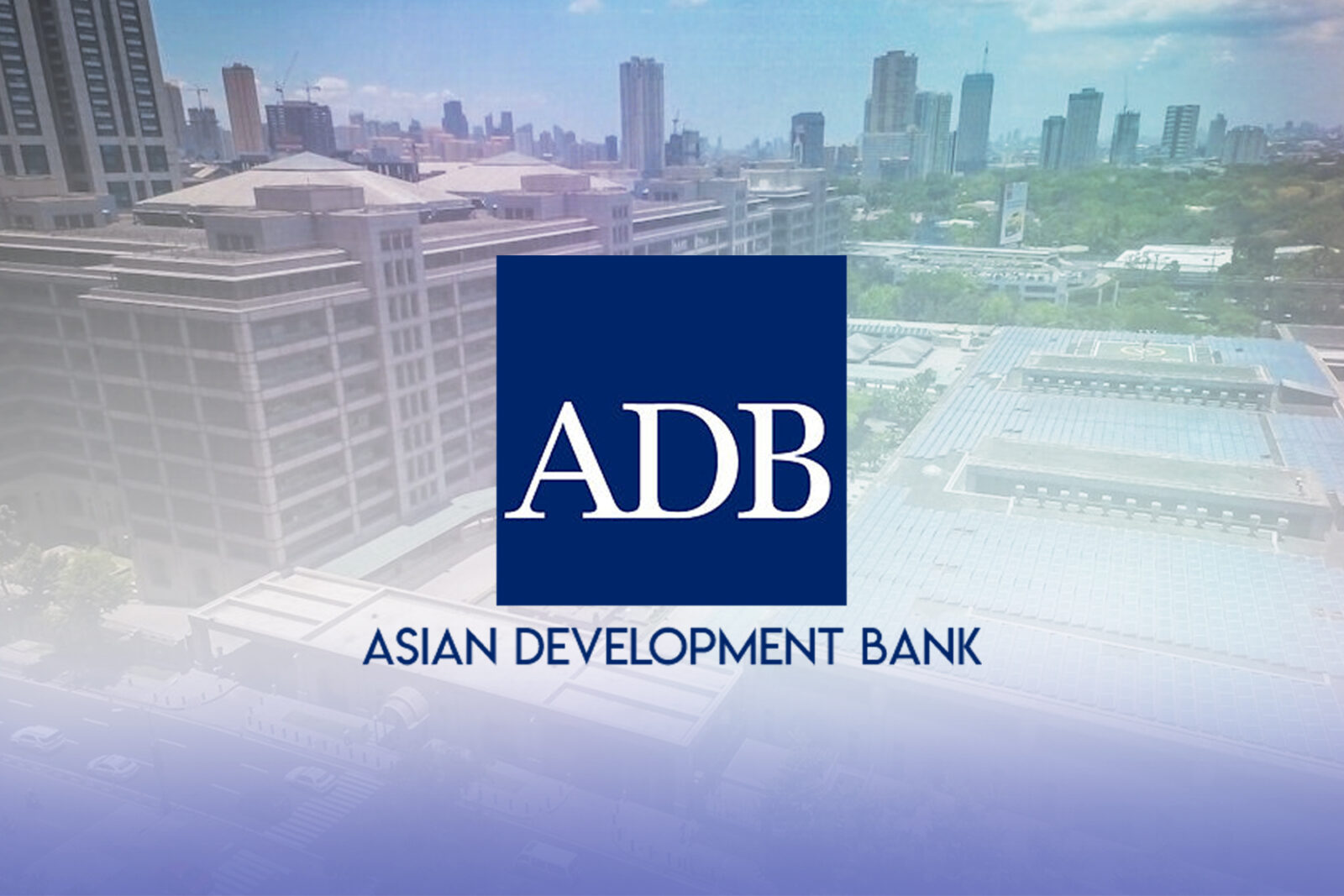ADB flags political, regulatory risks to PPPs

Political and regulatory uncertainty remains one of the biggest hurdles for public-private partnerships (PPP) in the Philippines, the Asian Development Bank (ADB) warned, pointing to contracts that often fail to survive policy shifts under new administrations.
In its newly released “Philippines PPP Monitor,” the Manila-based lender said such risks stem from unpredictable economic regulations and the availability of government appropriations.
This, as Philippine history shows that incoming presidents have sometimes delayed—or scrapped outright—projects championed by their predecessors.
To address these risks, the ADB pointed to the Generic Preferred Risk Allocation Matrix, which assigns responsibility for various risks to the parties best able to manage them.
It is envisioned to serve as guide for government entities and the private sector in structuring PPP projects with regard to the risks to be borne or shared by the government and private partner.Under the framework, commercial and business risks, such as demand risk in revenue-based projects, fall to the private sector, while political and regulatory risks are borne by the public sector.
Force majeure and changes in law are typically shared: the private sector absorbs the risk up to a set monetary threshold, after which the public sector takes over.
Discriminatory changes in tax laws are assigned to the public sector, while general tax changes are left to the private sector.
Other risks
Still, the ADB flagged the “inability of PPP contracts to endure changes in the administration” as a major deterrent to investment, particularly from foreign firms.
“The Philippines has well-developed national, sectoral, and local PPP ecosystems, but it still has vast unrealized potential for private sector investment in PPPs,” the report said.
“Challenges remain which hinder PPP development, procurement, and implementation,” it added.
PPPs are agreements in which the government partners with private entities to build or manage public infrastructure such as roads, airports, hospitals and renewable energy plants.
While the public sector retains ultimate responsibility for service delivery, allocation of assets, skills and funding are combined to share risks and rewards, aiming to deliver better services and value for end users.
That said, the Philippine Development Plan 2023 to 2028 highlights the importance of PPPs at the national and local levels. One of its strategic action plans is to examine unique PPP transaction arrangements with the private sector, especially in agriculture, forestry and fisheries.
The ADB noted steps taken by the government to ease investment barriers, including lifting foreign ownership caps in certain sectors, passing a new PPP Code and advancing bills to improve oversight and reform key industries such as water.





















